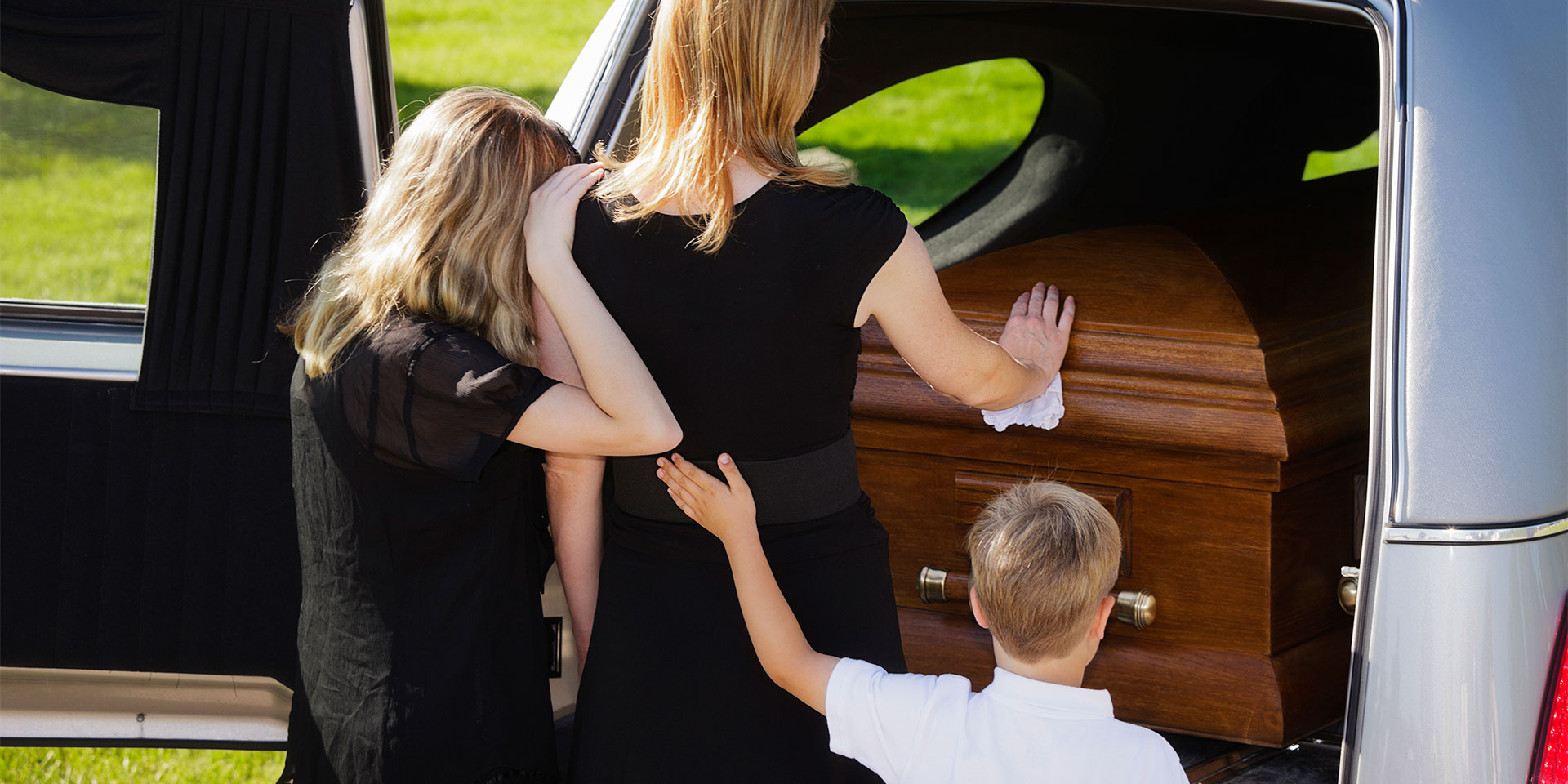It is difficult to say whether there is a preferable age for facing the loss of a parent, but having it happen during childhood and adolescence can have devastating effects on physical and mental wellbeing, which can extend even into adulthood.
“I think it’s strange that it had to happen to us and that one of the most important people in our lives is suddenly gone,” Yaren tells her friend Keto, whom she has known for only a few days, but with whom she has shared things she did not feel she could with her friends. Yaren is 10 years old, she lost her mother almost 4 years ago, and she doesn’t like that people see her differently because of her loss.
The activity at the end of the camp–in which everyone writes or draws something for the lost parent, placing the message inside “remembrance boats”–brings tears to the eyes of most.
Keto is about the same age as Yaren and has lost her father, who died on May 10th, the day of her birthday. Yaren’s reaction when she finds out this detail shows how well children who have gone through the same trauma understand each other. Both girls are at a special summer camp in Belgium (Missing You), where children grieving the loss of a loved one come together to participate in activities where they can talk about what they have experienced and how they cope with the loss.
It is a camp where children play, laugh, dance, and tell stories, but also cry sometimes, overwhelmed by longing for their loved ones. The activity at the end of the camp–in which everyone writes or draws something for the lost parent, placing the message inside “remembrance boats”–brings tears to the eyes of most, even uncontrollable sobbing. All that the children want–like Yaren, who talks with incredible maturity about the separation from the most important person in her life–is to have their parents back.
A lonely and painful journey
In the UK, 1 in 20 children experiences the early loss of a parent, while 1 in 14 American children face the death of a parent or sibling by the age of 18.
A survey conducted in 2017 among Americans who became orphans before the age of 20 showed that 57% of those who lost their parents felt a decrease in support from friends and family after the first 3 months, and 21% after only a month. This, despite the fact that, on average, a child needs six years to resume his or her life from the point where it froze at the death of the parent. Almost 80% of those who lost their parents before adulthood say that it was the hardest experience they have ever faced, and 78% think every day about the loved one who has passed.
Moreover, 72% said they failed to share with others what they were going through, while 65% said they felt there was no one to talk to about their loss. On the other hand, 79% of those who lost a parent before the age of 20 believe that they managed to move on, while 68% believe that this experience hardened and prepared them to cope with other adverse circumstances they subsequently encountered.
Isolation is a bitter and real experience during mourning, said the adults interviewed in a recent study published in the International Journal of Environmental Research and Public Health. The semi-structured interviews were attended by adults aged about 31 years, who were, on average, 16 years old when the death of their parents occurred. The subjects said that their loss isolated them from their friends, both because of the pain with which they were struggling and because they felt different and misunderstood.
The loss of their parents forced them on a hard emotional journey, in which the common themes were “denial and disbelief, anger, anxiety, depression, guilt, and devastation.” Going through the period of mourning meant ticking off the usual stages of grief (denial, anger, negotiation, depression, and acceptance), as described by psychiatrist Elisabeth Kübler-Ross, but it also meant dealing with the feeling that the world is over, typical of the early loss of parents.
Participants reported that their lives were fundamentally altered by their loss, and the most commonly reported changes were forced maturing, taking on significant responsibilities from an early age, and putting their own needs on hold. Moreover, the subjects talked about the fact that pain is not a linear process, because sadness, anxiety, and longing resurface periodically, even many years after the loss, especially when going through important moments of life, whether happy or sad.
The trauma of losing a parent
Realising that you will never have one or both parents in your life again can be a traumatic experience for adults, and even more so for children. While the stages of grief, popularised by psychiatrist Elisabeth Kübler-Ross, are better known, less has been said about flashbacks, which sometimes affect both adults and children.
Most often described as a symptom of post-traumatic stress disorder (PTSD), although they belong on a continuum, flashbacks are intrusive and frequent memories that force us to relive a traumatic event, either in whole or in part.
In fact, the brain changes significantly after a traumatic experience, and flashbacks come from the brain’s effort to process it, because traumatic memories are not processed the same way as regular memories are, says psychologist Erin Hope Thompson. When traumatic events occur, the brain records everything that happens; therefore, when the painful memories come back, they are very vivid and painful to relive.
The death of a parent is an irreplaceable loss. However, the best scenario for loss is one in which death can be anticipated and the family has time to prepare, says psychiatrist Nikole Benders-Hadi, explaining that unexpected death can get a child stuck in one of the stages of grief, and even lead to major depression or PTSD.
Childhood traumatic experiences affect us even in adulthood, according to a study published in the Psychological and Cognitive Sciences journal, which showed that extreme stressors affecting us between the ages of 0 and 18 can result in cognitive impairments, because they cause disturbances in the perception of risk and reward.
How the loss of a parent affects a child
Studies have shown that children can have several emotional and behavioural reactions immediately after the death of a parent, depending on their age at the time of the death. Thus, children under 5 are prone to develop eating, sleep, bowel, and bladder disorders, while children under 2 years of age may suffer from speech impediments. School-age children may develop phobias or become withdrawn, while the reactions of adolescents are closer to those of adults.
Researchers who have studied grieving children for a period of 1 to 6 years after a parent’s death have found evidence to suggest a link between their loss and the activation of diseases such as thyrotoxicosis, rheumatoid arthritis, and diabetes.
An old prospective study by researchers Robert Fulton and Robert Bendiksen, conducted on a sample of 264 students in Minnesota, revealed the predisposition of children who lost a parent to significantly more serious diseases than those developed by subjects in the control group, around the age of 30.
Some studies have found a link between the early loss of a parent and the development of depression, including in adulthood.
Still, other researchers conclude that there are other factors that are a bigger influence on the risk of developing depression than the experience of grief itself. One of them would be the quality of the relationship with the person who cares for them afterwards. What is more, factors related to the child (previous loss experiences and how they were dealt with), social and family relationships, including with the person who died, or the circumstances of the death influence the experience of loss, diminishing or amplifying its effects.
Furthermore, early parental loss was associated with an increased likelihood of substance abuse, increased risk of criminal behaviour, and poor school performance.
According to researchers, the loss of a parent before the age of 5 or in early adolescence, the loss of a mother by girls under 11 and that of a father by teenage boys, psychological issues of the child prior to the death, conflictual relationships with the deceased parent, a psychologically vulnerable surviving parent, a negative relationship with a step-parent, lack of support from the family or community, or a parent’s suicide are factors that increase the risk of psychological morbidity of the child.
Parental suicide remains the most difficult loss to accept, with significant negative effects both short- and long-term and increased lifelong vulnerability to mental health issues.
Helping children overcome the loss of a parent
Following the death of a parent, most children face three types of fear—the fear of having caused the death of the loved one, the fear that they themselves might die, and the fear that something bad might happen to the surviving parent—and they need to be listened to, understood, and be given answers to the issues that trouble them.
The way in which the surviving parent manages their pain, preventing the parent’s dependence on the child, and how the family manages to regain its balance are factors that facilitate the overcoming of the loss and the adaptation to the new reality.
For children, life becomes much scarier after losing a parent, so they need to be protected by the adults around them in the weeks and months following the loss, writes Pamela Li, owner of the website Parenting for Brain, highlighting some strategies to help children cope with this experience.
Normalising the grieving process is very important, because it reduces the child’s anxiety by helping them accept the emotions caused by the loss, creates an environment conducive to conversations about pain and the loved one, and makes them understand that death is never their fault.
Just as love does not die with its object, neither does suffering simply disappear in the whirlwind of time.
Positive parenting, focused on developing a warm parent-child relationship, helps children adapt to the death of the parent and reduces the likelihood of developing mental health issues such as major depressive disorder.
The emotional validation of children is essential in the process of mourning. When children talk about their feelings, they should not be rejected or trivialised (avoid telling them not to cry or be sad), because the pain deepens when we put pressure on them to adopt a positive outlook or to process pain within the period we consider appropriate.
Creating a loving environment, maintaining routines and a normal lifestyle, informing the children with whom the grieving child interacts about the change (in order to provide the necessary support), and self-care displayed by the remaining parent are other ways to help the child cope with their loss and protect their mental health.
Just as love does not die with its object, neither does suffering simply disappear in the whirlwind of time, says parental expert Debmita Dutta, emphasising that the most important thing you can do for orphans is to connect with them. Children need constant support for at least the first two years of mourning, Dutta explains, concluding that although children will never get over the pain of this loss, they can be helped to grow in its midst.
Carmen Lăiu is an editor of Signs of the Times Romania and ST Network.





















